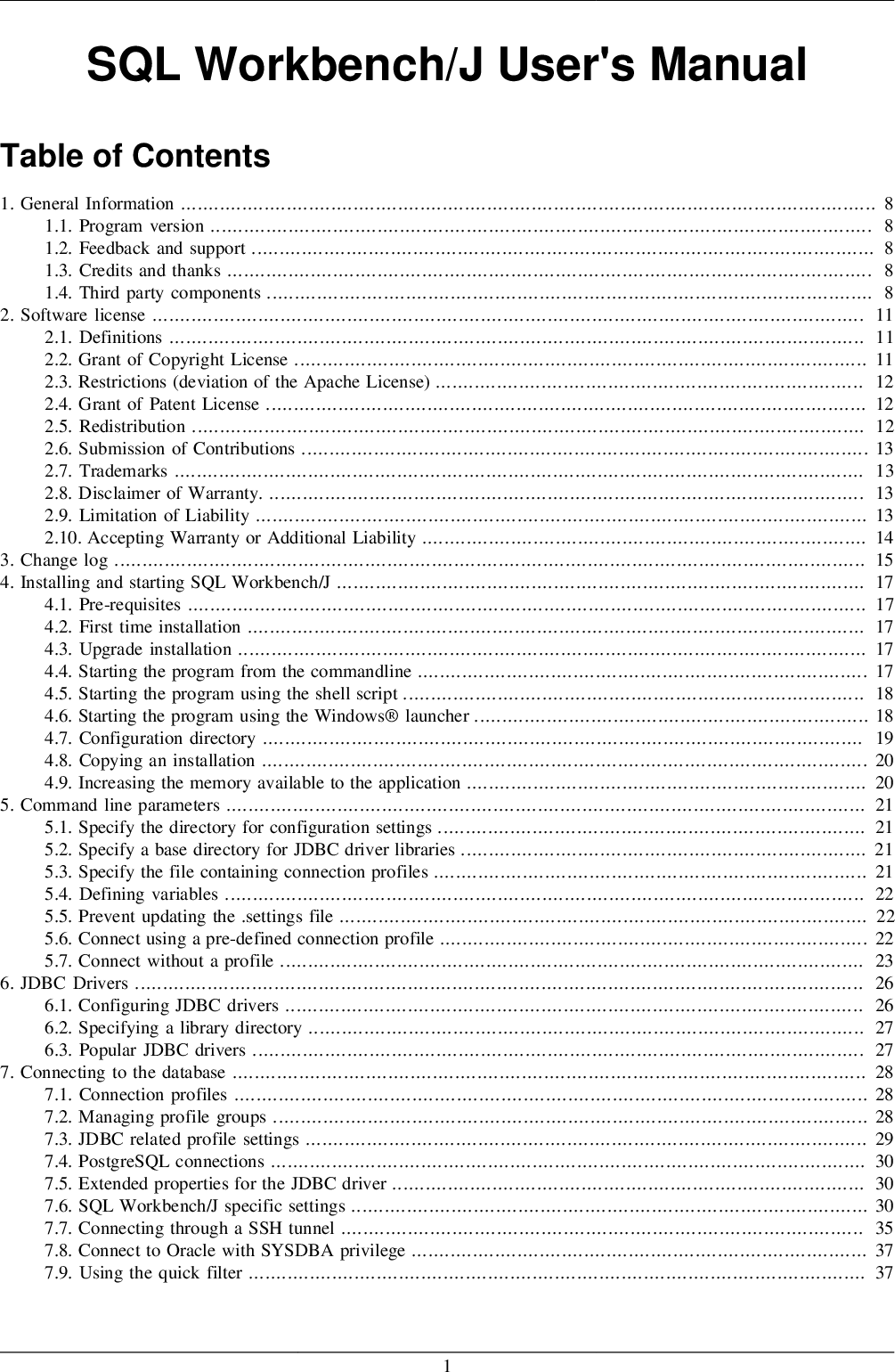

But despite all this "brilliance" it has certain room for the improvements. It's well deserved reputation is attributed to the clever architecture and close to flawless implementation.
#Notepad++ sort out specific lines code
By many it is considered a "must have" source code editor.
#Notepad++ sort out specific lines windows
It is hard to find someone developing on Windows who hasn't heard about Notepad++. InfoQ: Why did you decide to create a plugin for Notepad++? While they follow completely different runtime paradigm CS-Script borrowed many usability ideas from Python: multi-script execution, pre-compilation. It has been used in AutoCAD plugins, automation and robotics, game and rules engines.ĬS-Script was inspired and influenced by Python. When you are running MediaPortal or FlashDevelop you are using CS-Script. Of course it is more complicated under the hood and CS-Script offers a very appealing set of features: custom-JIT compilation, classless syntax, automatic namespace-to-assembly resolving, interface alignment etc.ĬS-Script is 9 years old now and it has found its audience. In other words C# script at runtime is nothing else but an assembly, which is compiled on-fly. But CS-Script allows you to skip the compilation stage and load/execute the code immediately, effectively handling your C# code as a script. The simplest way to describe CS-Script is as follows: you can code your algorithm in C#, then compile it into assembly and then either execute this assembly directly or load and execute it from the host application. In fact the script engine targets the very same ECMA-compliant 'plain vanilla' C# that you compile into assembly with Visual Studio or MonoDevelop. And this is the reason why CS-Script is not different from normal C# at all. It is important to note that CS-Script is not an interpreter but a shell that encapsulates either Microsoft or Mono C# compiler. Oleg: To put it simple, CS-Script is a CLR based runtime environment for executing scripts written in C#. The -i option substitutes the input file file with the whole 1-line pattern space.Microsoft Azure supports your workload with abundant choices, whether you're working on a Java app, app server, or framework. So the script basically reads in the 1st line of input and keeps appending the following lines one by one, each time substituting the newline with a space after the last line is appended (and \n changed in a space), N can't append any line, s fails, ta is skipped, the end of the script is reached, and the implied print statement is executed on the current looong 1-line pattern space.

Which is clearer if written as follows, sed -i ':a Improving other answers, one gets sed -i ':a N s/\n/ / ta' file There's no need to put the label :a outside of the main instruction, neither is the -e option necessary needed finally, the /$/ is superfluous (every line has an EOL character).


 0 kommentar(er)
0 kommentar(er)
